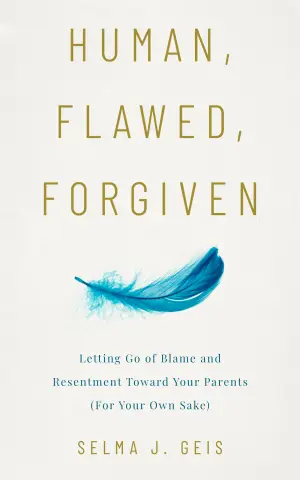Windswept House: A Vatican Novel – A Compelling Call to Reflection and Inquiry
As I flipped through the pages of Windswept House: A Vatican Novel by Malachi Martin, I found myself immediately captivated—not just by the gripping narrative, but by the weighty themes that dance around power, faith, and the intricate politics of the Vatican. The title alone evokes a sense of tempestuous drama, setting the stage for a story that intertwines reality with threaded tales of ambition and betrayal.
From the outset, the novel plunges into the complexity of a world where political, religious, and financial interests converge, seeking to reshape society into a singular global entity post-Cold War. Martin, a Jesuit priest and a Vatican insider, weaves a speculative tapestry that can feel eerily relevant even today. It follows the lives of two American brothers, Paul and Christian Gladstone, who embody the struggle between spiritual integrity and worldly temptation. This duality made me ponder my own values and the influences that shape our decisions in a world rife with competing interests.
What struck me most is Martin’s narrative style—a blend of fact and fiction, often termed "faction," that invigorates the reading experience. His portrayal of the embattled Pope as a "geopolitical genius" navigating through treacherous waters introduces a tension that keeps the pages turning. The pacing can be dense in the early chapters, yet as the story vaults forward, the plot grows increasingly riveting. By the time I reached the midpoint, I felt an urgency to see how these complex characters would maneuver through a web of deceit and power plays that sometimes felt uncomfortably close to our current realities.
One reviewer, John T. Turner, encapsulates this experience perfectly when he mentions that while the early chapters set up foundational narratives, the true thrill emerges as the stakes rise. I found myself reflecting on his words; Martin’s writing is rich with historical context, hinting at the shadows that loom over the Catholic Church, which provoke thought about how history continues to echo in contemporary discourse.
Notable moments arise not just through action but also through dialogue while tackling meaty questions of morality, spirituality, and human frailty. As I lingered on passages where characters faced ethical dilemmas, I felt both challenged and enriched. If you’re someone who enjoys delving deep into the implications of belief and power dynamics, this book offers both a thrilling page-turner and a profound exploration of our beliefs.
In conclusion, Windswept House is not merely a novel; it’s a reflection on the tug-of-war for truth and authority within the Church. Martin’s insider perspective provides a thought-provoking critique of power, posing questions about the legitimacy and faith of those who lead. If you’re curious about the intersections of faith, power, and historical intrigue, this book will surely resonate with you. My own reading journey through its pages was both enlightening and unsettling, a reminder that fiction can illuminate truths about humanity that are often overlooked.






